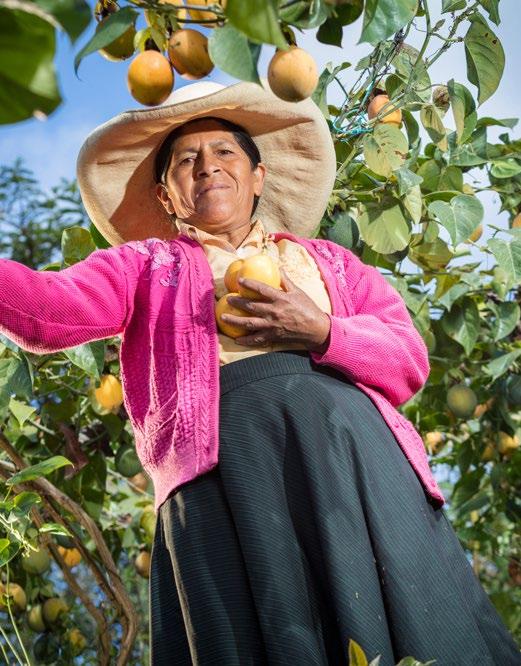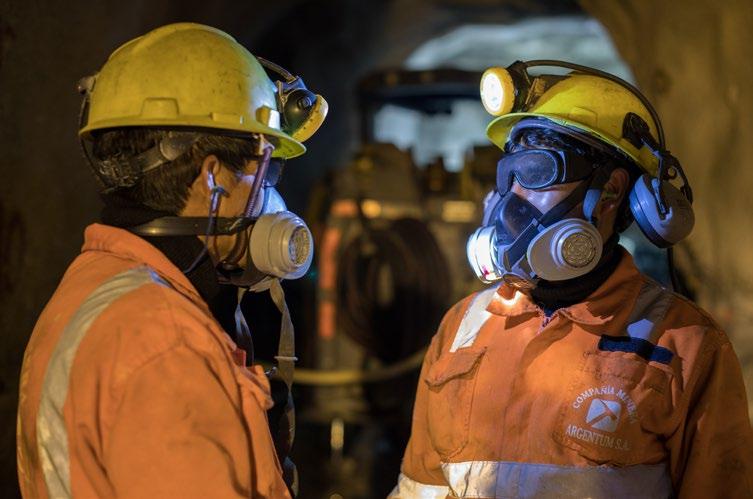
1 minute read
passion fruit project - shahuindo
Passion Fruit Project - Shahuindo Mine
Pan American Silver’s alternative economic development programs are intended to support local communities in creating or sustaining economic opportunities not directly related to our mines.
Programs are designed to respond to needs and challenges identified by the community and be self-sustaining, beyond the program’s duration.
In 2017, the Shahuindo mine initiated an alternative economic development program designed to support farmers within Shahuindo’s direct area of influence by providing them with the technical skills to increase passion fruit production and bolster the fruit market in the Cajabamba Province, Cajamarca Region. The three-year program was based on an agreement with the Peru’s Northern Institute for Research and Social Promotion (IDIPS), and co-financed by the Peruvian Government through the Fondo Empleo Program.
Identified Challenges
Program Objectives
Limited availability of freshwater for agricultural activity Local climate and growing conditions Limited awareness of or access to modern agricultural production methods Lack of coordination among farmers Inability of small farmers to meet supply demands of the regional market
Promote alternative economic activities appropriate for the local climate and land conditions Increase the income of local farmers Promote the efficient use of freshwater and organic farming practices Build the capacity of local farmers to use new agricultural production technologies Enhance the business management skills of local farmer
The Northern Institute for Research and Social Promotion provided the technical support and training, which focused on the use of modern agricultural practices, such as building geomembrane micro-reservoirs for efficient irrigation. Training also promoted the use of organic farming practices, with the intention that farmers could obtain organic certification in the future. Shahuindo also helped to formalize the farmers’ cooperative, Redes Unidas, which sells the collective produce of local farmers to the regional market in sufficient quantities to meet requirements. The cooperative is key to facilitating the commercialization of fruits on a larger scale.
The project ended in December 2019. Key achievements included:
• Alternative economic activity and income for 73 farming families • Construction of 73 geomembrane microreservoirs, 20m3 each • Cultivation of 15.5 hectares and production of 13,214kg of passion fruit • Development of a farmers’ cooperative and increased passion fruit commercialization







